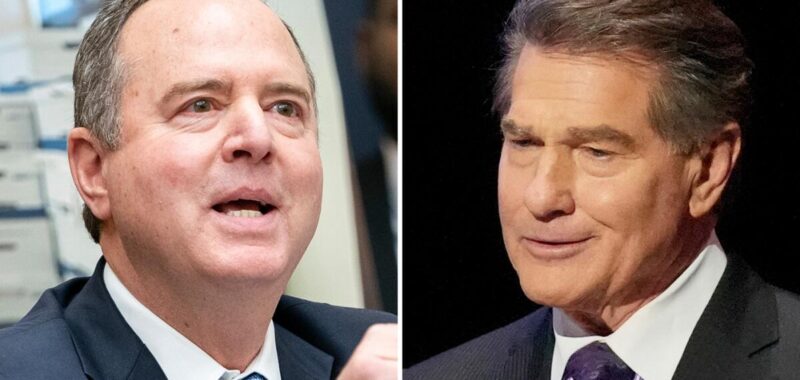The two also differ on President Biden’s Inflation Reduction Act, which is providing hundreds of billions of dollars in tax credits to solar, wind and other green energy projects.
Schiff voted for the 2022 law. “This is an extraordinary victory for our economy, our planet, and our people — and we must keep the momentum going,” Schiff said after the act’s passage.
Garvey says the law is flawed and calls the tax credits “a giveaway to corporations and interest groups that donated” to Biden.
He says the tax credits could end up costing taxpayers more than double the original estimate of $369 billion. Rather than repealing the law, Garvey said he believes it should be reformed “to prevent further excesses.”
The federal act has spurred the building of green energy projects across the country, sometimes on pristine land. Some projects have angered environmentalists and residents as heavy equipment moves in to level hundreds of acres of wildlife habitat.
A solar project now being constructed in the Mojave Desert is expected to destroy 4,000 Joshua trees. “Let’s destroy the environment to save the environment. That seems to be the mentality,” said Deric English, a resident of Boron, the small town that sits next to the project.
Schiff says he believes the government can find ways to greatly expand renewable energy use while protecting wildlife habitats. “Resolving the tension between the two should not, and must not, be beyond our capability,” he said in a statement to The Times.
Garvey says that he believes it should be easier to build energy projects, including those producing oil and gas. He says he believes conservation measures such as the federal Endangered Species Act “are being used by Washington elites to reshape the economy regardless of voters’ wishes or the original intention of our environmental laws.”
“The result,” Garvey said, “has been higher energy prices.”

